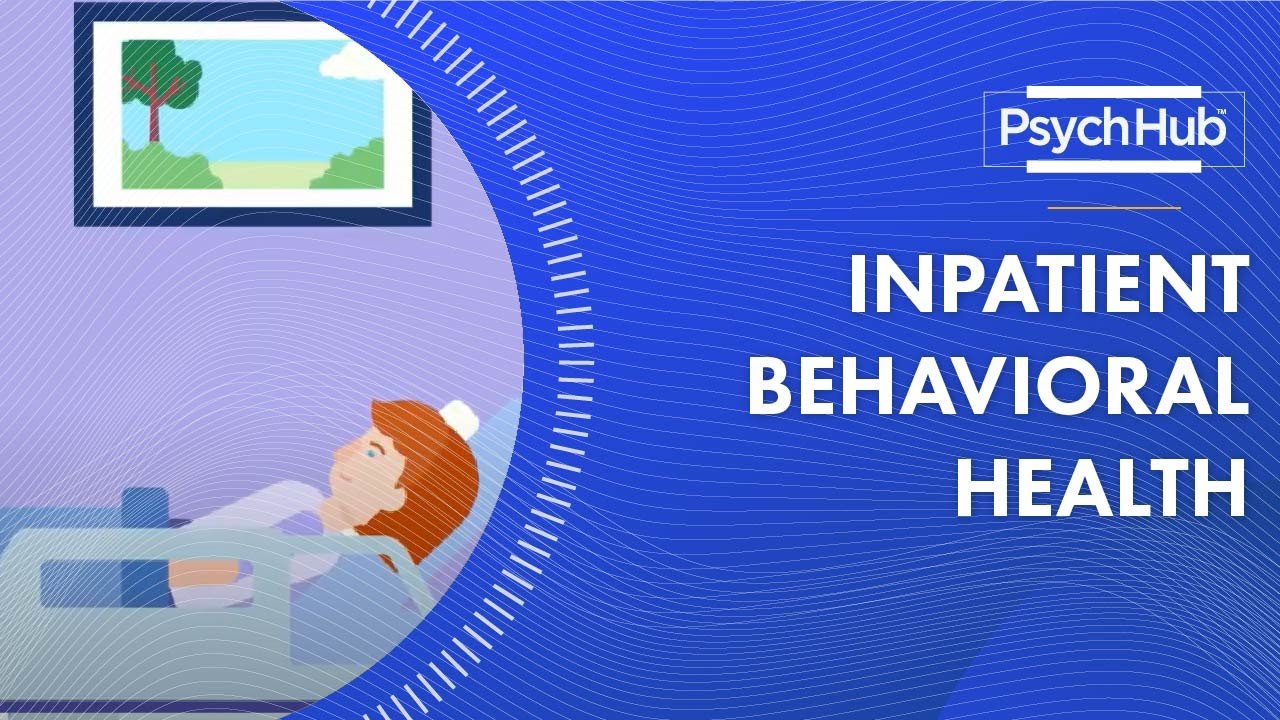Have you ever wondered if something as simple as the breath you take can have a significant impact on the chronic pain and anxiety often accompanying serious health conditions like cancer? It’s a question worth pondering, especially when conventional medications and treatments don’t always offer the relief one hopes for.

Mindful Breathing Significantly Reduces Cancer Pain and Anxiety, Study Finds
A recent study reveals that 20 minutes of mindful breathing can significantly alleviate both cancer pain and associated anxiety. This research shines a light on mindfulness as a potential complementary approach to traditional pain management strategies. Published in BMJ Supportive & Palliative Care, the study was conducted by researchers at a single medical center and brings newfound hope to those seeking alternative pain relief methods.
Study Overview: A Groundbreaking Discovery
The study involved 40 cancer patients experiencing moderate to severe pain, with pain scores of 4 or higher. These participants were randomly assigned to two distinct groups. One group took part in a 20-minute session of mindful breathing led by a trained doctor. The other group engaged in a 20-minute supportive listening session.
| Group | Intervention | Duration |
|---|---|---|
| Mindful Breathing | 20-minute mindful breathing session | 20 min |
| Supportive Listening | 20-minute supportive listening session | 20 min |
Measuring Pain and Anxiety
Pre- and post-intervention measurements were taken using validated scales to assess pain intensity, pain unpleasantness, and anxiety levels. This approach provides an accurate depiction of how each intervention influences the patient’s experience of pain and anxiety.
Pain and Unpleasantness Scale
The use of validated scales ensures that measurements are consistent and reliable. Here’s how the interventions broke down in terms of effectiveness:
| Measure | Mindful Breathing Group | Supportive Listening Group |
|---|---|---|
| Pain Intensity Reduction | Significant | Minimal |
| Pain Unpleasantness Reduction | Significant | Minimal |
| Anxiety Reduction | Significant | Minimal |
Significant Findings
The group that participated in mindful breathing sessions demonstrated a remarkable reduction in both pain intensity and unpleasantness, as well as anxiety. These findings strongly suggest that mindful breathing can be an effective complementary treatment for managing cancer pain and anxiety.
Feasibility and Safety
Despite the study’s small size, researchers emphasized its feasibility and safety. They noted that the findings are promising enough to warrant further research on a larger scale.
Potential for Complementing Traditional Pain Management
The compelling results of this study indicate that mindful breathing could serve as a valuable addition to existing pain management techniques. Traditional methods, while often effective, sometimes fall short of providing complete relief. Mindful breathing offers a non-invasive, low-risk option that patients can incorporate into their daily routines without interfering with their conventional treatments.
Understanding Mindful Breathing
Mindful breathing is more than just taking deep breaths. It’s a practice rooted in mindfulness meditation, where you focus entirely on the act of breathing. This attention helps to calm the mind and relax the body, fostering a profound sense of well-being.
How to Practice Mindful Breathing
- Find a Comfortable Position: Sit or lie down somewhere quiet.
- Close Your Eyes: This helps you to focus inward.
- Breathe Naturally: Don’t try to control your breath. Just observe.
- Focus on Your Breath: Pay attention to the sensation of the air entering and leaving your nostrils.
- When Distracted, Return to Your Breath: It’s natural for the mind to wander. Gently bring your attention back to your breath.
Benefits Beyond Pain Relief
Though the study focuses on cancer pain, mindful breathing offers numerous benefits, including:
- Reduced Stress: Mindful breathing helps to activate the body’s relaxation response.
- Improved Sleep: A regular practice can lead to better sleep patterns.
- Enhanced Focus: It boosts concentration and cognitive function.
- Lower Blood Pressure: Regular practice can contribute to cardiovascular health.
Stress and Its Impact on Health
Stress is a significant factor in pain perception and overall health. By reducing stress through mindful breathing, you can lower your pain levels and improve your quality of life.
The Science Behind Mindful Breathing
Research shows that mindfulness practices can lead to changes in the brain. Areas associated with attention, self-awareness, and emotional regulation are positively impacted.
Neurological Benefits
MRI scans of regular mindfulness practitioners reveal increased thickness in the prefrontal cortex, the area of the brain responsible for decision-making and emotional control. These changes are linked to improved pain tolerance and reduced anxiety.
| Brain Area | Impact of Mindfulness Practice |
|---|---|
| Prefrontal Cortex | Increased thickness, better decision-making |
| Amygdala | Reduced size, lower anxiety |
| Hippocampus | Increased size, better emotional regulation |
Physiological Changes
Aside from neurological benefits, mindful breathing also influences physiological parameters:
- Heart Rate Variability (HRV): Higher HRV is associated with better stress resilience.
- Cortisol Levels: Mindful breathing can lower cortisol, the body’s stress hormone.
Integration into Cancer Care
Given the promising results of the study, there is significant potential for integrating mindful breathing into standard cancer care protocols.
Mindfulness-Based Stress Reduction (MBSR)
MBSR is a structured program that incorporates mindful breathing along with other mindfulness practices. Several hospitals and cancer care centers already offer MBSR programs, and this study supports the extension of such programs.
Personalized Care Plans
Incorporating mindful breathing into personalized care plans can provide a more holistic approach to cancer treatment. This ensures that both the physical and emotional aspects of pain and anxiety are addressed.
Moving Forward: Future Research and Expansion
While the initial findings are promising, further research is essential to solidify these results and understand the broader application of mindful breathing in pain management.
Larger-Scale Studies
Conducting larger and more diverse studies can shed light on the following:
- Efficacy Across Different Cancer Types: How effective is mindful breathing for different types and stages of cancer?
- Long-Term Benefits: Can regular practice of mindful breathing offer sustained pain and anxiety relief?
- Quality of Life Improvements: Beyond pain and anxiety, how does mindful breathing impact overall quality of life?
Training Healthcare Providers
Another vital step is training healthcare providers in mindful breathing techniques to ensure they can facilitate these sessions effectively.
Multidisciplinary Approach
Integrating mindful breathing into a multidisciplinary approach could help in providing comprehensive care. This approach may include:
- Pain Specialists: Working closely with patients to tailor pain management plans that incorporate mindful breathing.
- Psychologists and Counselors: Supporting the emotional and mental well-being of patients through mindfulness techniques.
- Oncologists and Palliative Care Teams: Ensuring that mindful breathing is part of the conversation when discussing pain management options.
Conclusion
The study published in BMJ Supportive & Palliative Care offers a hopeful glimpse into the potential of mindful breathing to significantly reduce cancer pain and anxiety. While further research is necessary to confirm and expand upon these findings, the feasibility and safety of the practice make it a promising complementary treatment. Implementing mindful breathing into standard cancer care can pave the way for more holistic, patient-centered approaches that address both the physical and emotional dimensions of pain. As we look to the future, the integration of mindful breathing into treatment plans may very well become a standard part of comprehensive pain management.






